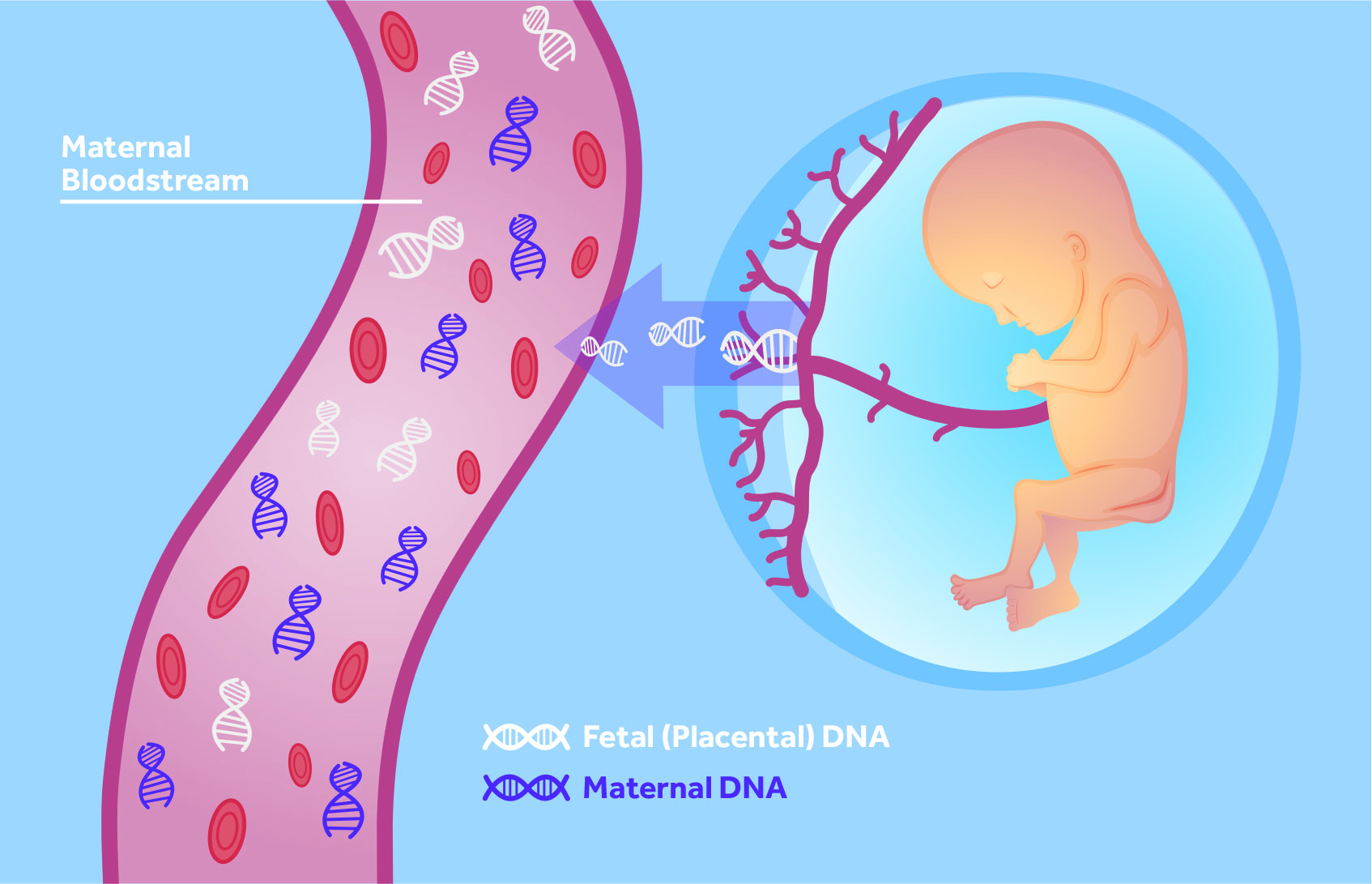Pregnancy can be an exciting and nerve-wracking time for expectant parents. With so many decisions to make, it’s important to stay informed about the options available. One such option is non-invasive prenatal testing (NIPT), which screens for certain genetic disorders in a developing fetus. But is it necessary to undergo this type of testing during pregnancy?
It’s completely understandable to feel anxious and scared about the prospect of non-invasive prenatal testing. After, this type of screening is a critical step in determining whether your developing fetus has any genetic disorders that may affect its health later in life. But it’s important to remember that NIPT is simply one tool among many for monitoring the building blocks of your child’s development.
At its core, NIPT works by analyzing small samples of blood from the mother, which contain copies of the baby’s DNA. This DNA can reveal a variety of factors and ingredients that may be indicative of certain genetic disorders or abnormalities. And while these reports may seem overwhelming at first, they also offer solutions and steps toward ensuring the best possible outcomes for both you and your baby.
Ultimately, it’s up to each expectant parent to decide whether NIPT is right for them, but with so much information available today, there’s never been a better time to take control of your pregnancy journey.
If you are looking for a NIPT clinic, please look no further as unityscreen.com will provide you with the most accurate report.
What are the Ways Doctors Carry Out NIPT?
NIPT, or non-invasive prenatal testing, is a relatively new screening method that has been gaining popularity in recent years. Unlike traditional invasive tests like amniocentesis, NIPT is a simple blood test that can be carried out as early as the 10th week of pregnancy. The test works by analyzing fetal DNA that is present in the mother’s bloodstream and can detect certain chromosomal abnormalities such as Down syndrome with high accuracy.
To carry out NIPT, doctors will first take a small sample of the mother’s blood and send it to a laboratory for analysis. From there, specialized machines are used to separate and analyze the fetal DNA present in the sample. Results are typically available within a few days and can provide expectant parents with important information about their baby’s health.
Overall, NIPT offers many benefits to expectant parents by providing accurate and non-invasive screenings during pregnancy. By understanding the ways in which medical professionals carry out this important test, parents can feel more informed and at ease knowing they have access to advanced technologies that can help ensure a healthy pregnancy and baby.




